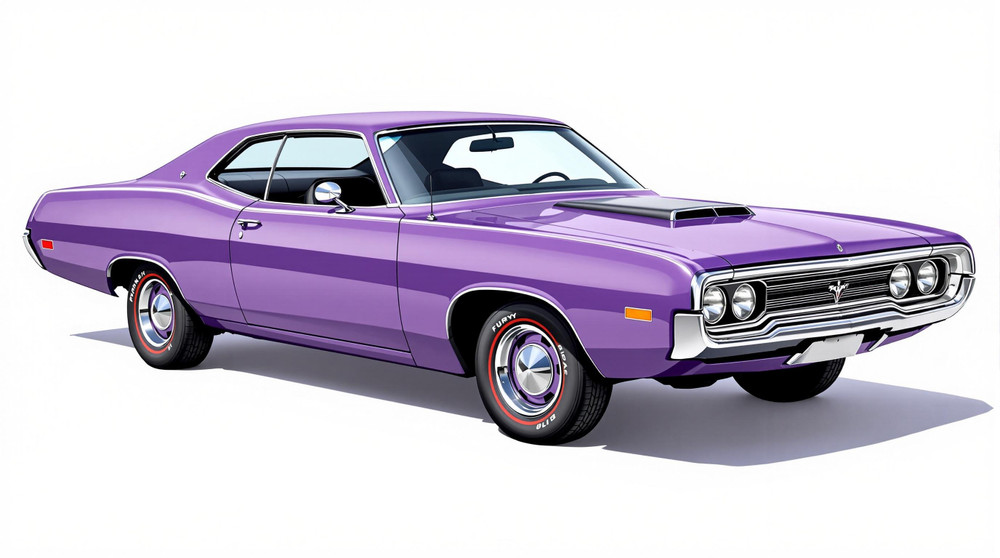Image of 1972 Plymouth Fury Iii, Note: These illustrations use artistic license and may differ from actual historical models.
Performance Metrics
Fundamental Metrics
Emotional Appeal
MMP Rating
| Engine Specifications | |
|---|---|
| Engine: | 318 cu in (5.2 L) V8, 360 cu in (5.9 L) V8, 400 cu in (6.6 L) V8, 440 cu in (7.2 L) V8 |
| Displacement: | 318-440 cu in |
| Horsepower: | 150-280 hp |
| Torque: | 230-480 lb-ft |
| Compression Ratio: | 8.5:1 - 10.1:1 |
| Ignition System: | Electronic Ignition |
| Cooling System: | Liquid cooled |
| Performance Specifications | |
| 0-60 Time: | 8-10 seconds |
| 1/4 Mile Time: | 16-18 seconds |
| Top Speed: | 120 mph |
| Transmission and Drive | |
| Drive Type: | Rear-wheel drive |
| Transmission Type: | 3-speed automatic, 4-speed manual |
| Fuel and Efficiency | |
| Fuel System Type: | Carburetor |
| MPG: | 10-15 mpg |
| Dimensions and Brakes | |
| Brakes: | Front disc, rear drum |
| Wheelbase: | 120 inches |
| Weight: | 3,600-4,000 lbs |
Note: Specifications for classic cars are given to the best of our ability, considering the limited and variant data available.
Introduction
The 1972 Plymouth Fury III doesn't just represent an era of bold American automotive design; it embodies a chapter of history where cars were a statement of personal style and power. Born from the industrious city of Detroit, the Fury III was a product of Plymouth, a division of the Chrysler Corporation known for its innovative and affordable vehicles. At a time when muscle cars and full-size sedans ruled the roads, the Fury III carved out its niche with a blend of comfort, style, and performance. A notable moment in its history was how it reflected the transition from the extravagant '60s to the more subdued early '70s, adjusting to changing consumer tastes and regulations.
Design and Innovation
The exterior styling of the 1972 Plymouth Fury III was a harmonious blend of muscular lines and refined edges. It featured a prominent grille, elongated hood, and broad shoulders that exuded confidence. Inside, passengers were greeted with spacious interiors that showcased the quality materials such as vinyl or optional cloth upholstery, and woodgrain accents. Technologically, it boasted features like power steering and front disc brakes that were advanced for its time. The color palette ranged from subdued to vibrant, with hues like Spinnaker White and Basin Street Blue being popular choices. Body styles included two-door coupes, four-door sedans, and station wagons with various trim options, but it was the two-door hardtop that often stole hearts.
Historical Significance
The Fury III's impact on automotive design was subtle yet significant. It stood out with its balance between luxury and sportiness at a time when excess was being dialed back. Its design cues would influence later models across various manufacturers. The Fury III's blend of style and practicality helped set a precedent for future full-size sedans.
Performance and Handling
Under the hood, the Fury III came equipped with a range of V8 engines that delivered ample power. Top speed varied by engine choice, but these cars could comfortably cruise at highway speeds. Acceleration from 0-60 mph was respectable for its size, taking around 10 seconds depending on the powertrain configuration. On the road, the ride was smooth with a suspension adept at absorbing bumps. Steering was responsive for a car of its stature, making it an enjoyable drive whether on straightaways or winding roads. The engine's rumble was unmistakably American—a symphony for gearheads.
Ownership Experience
The 1972 Plymouth Fury III found its place as both a reliable daily driver and an esteemed show car. Some even found their way onto local racetracks. Maintenance was straightforward thanks to simple mechanical designs and robust construction, making repairs manageable for the average owner. However, parts availability in modern times can be challenging for certain components.
Fun Facts
Among enthusiasts, there are tales of rare editions like the "Fury Gran Coupe" which added even more luxury features. Celebrity ownerships also add to its allure; several high-profile individuals have been known to have Furys in their collections. While not known for breaking speed records, it held its own in sales during its heyday. Criticisms often centered on its size during an era when fuel efficiency began gaining importance.
Collector's Information
In today's market, a well-maintained 1972 Plymouth Fury III can fetch anywhere from $5,000 to $20,000 depending on condition and originality—potentially more for exceptionally preserved or rare models. Production numbers were in the tens of thousands across all body styles; however exact figures are elusive due to record-keeping practices at the time. As classic car appreciation trends upward generally, values for models like the Fury III have seen gradual appreciation among collectors who value originality and historical significance.
Conclusion
The 1972 Plymouth Fury III is more than just metal, glass, and rubber—it's a piece of Americana that tells a story about innovation during changing times. Its design bridged eras while offering performance that could still put a smile on drivers' faces today. For those who own one or aspire to, it represents an enduring legacy of American automotive history.
1972 Plymouth Fury Iii Catalog of Parts
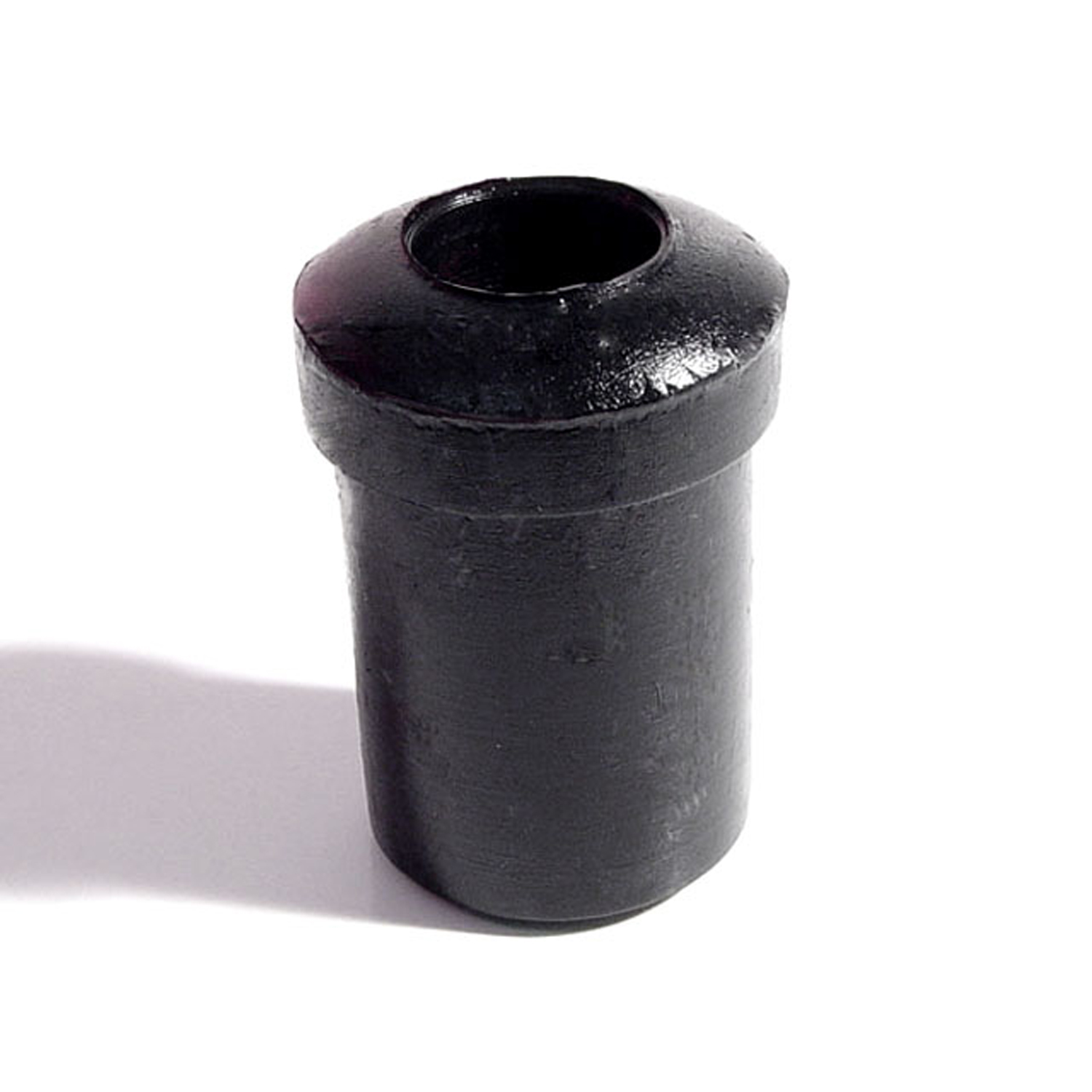 1972 Plymouth Fury III Spring and Shackle Bushing. 1" bottom O.D-BN 20Spring and Shackle Bushing. 1" bottom O.D. X 1-5/8" high, with 9/16" I.D. Each
1972 Plymouth Fury III Spring and Shackle Bushing. 1" bottom O.D-BN 20Spring and Shackle Bushing. 1" bottom O.D. X 1-5/8" high, with 9/16" I.D. Each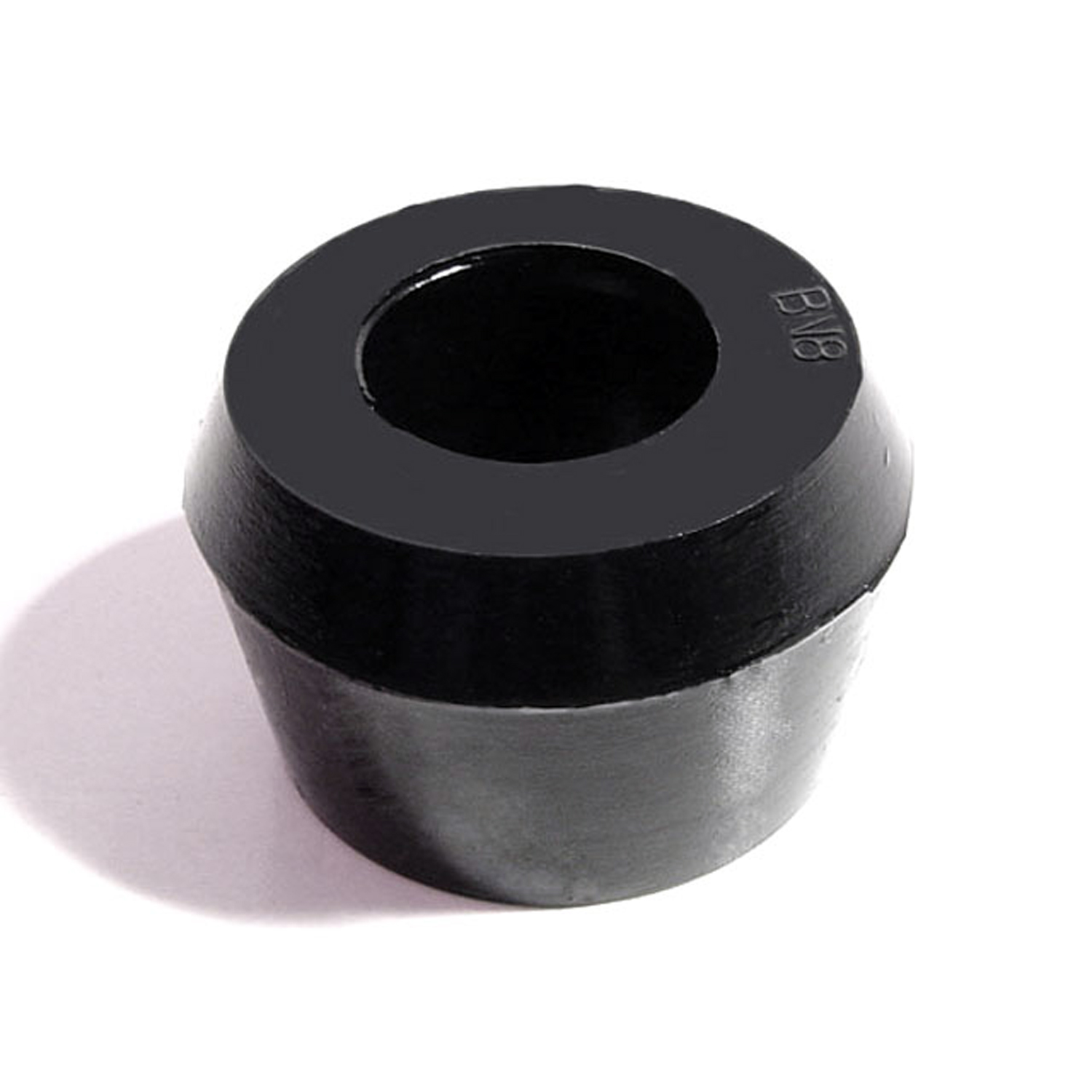 1972 Plymouth Fury III Shock Absorber Grommet. 1-1/4" bottom O.D-BN 8Shock Absorber Grommet. 1-1/4" bottom O.D., 1" high, with 3/4" I.D. Each
1972 Plymouth Fury III Shock Absorber Grommet. 1-1/4" bottom O.D-BN 8Shock Absorber Grommet. 1-1/4" bottom O.D., 1" high, with 3/4" I.D. Each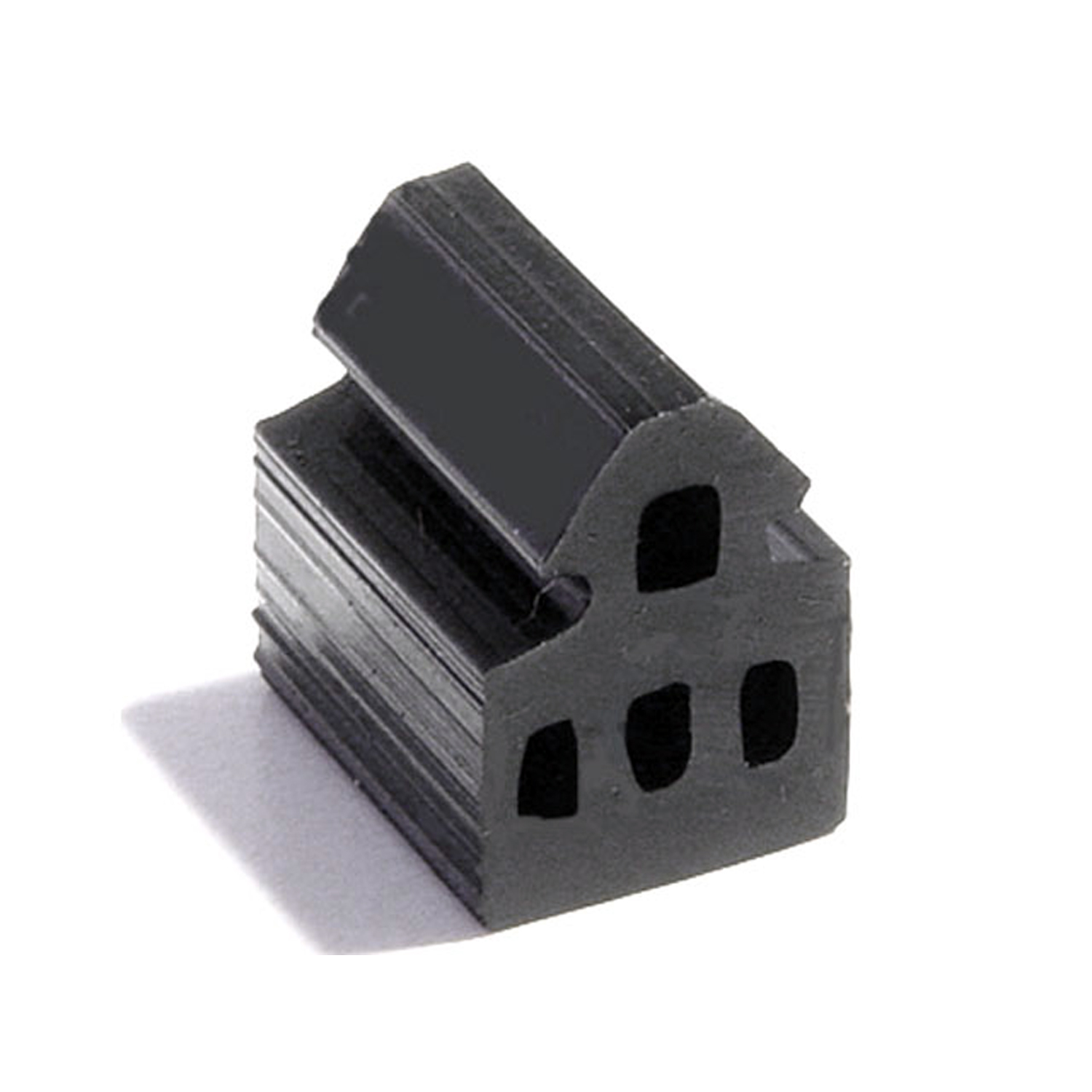 1972 Plymouth Fury III Door Bumper. 5/8" wide, made from extrusion. Each-DB 52Door Bumper. 5/8" wide, made from extrusion. Each
1972 Plymouth Fury III Door Bumper. 5/8" wide, made from extrusion. Each-DB 52Door Bumper. 5/8" wide, made from extrusion. Each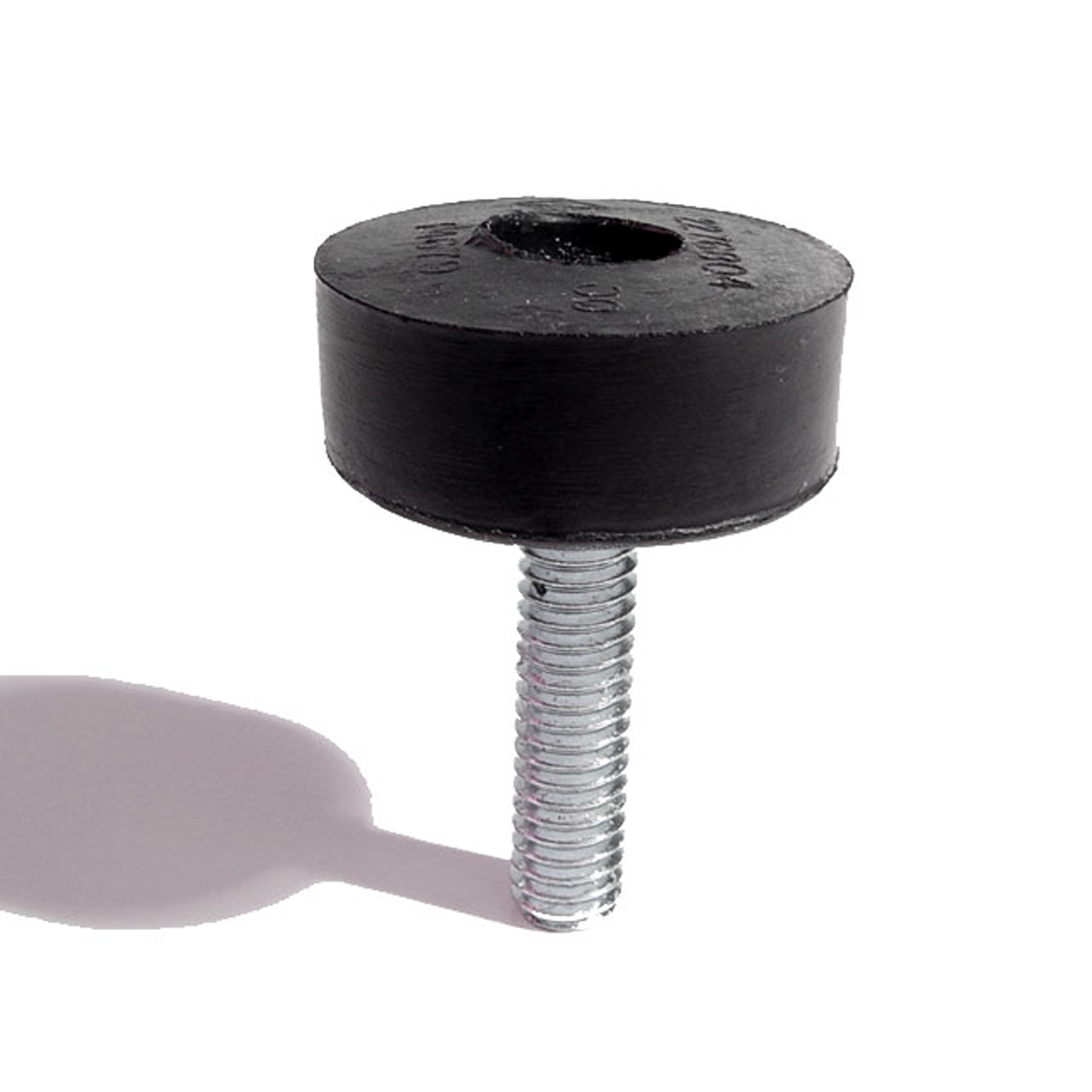 1972 Plymouth Fury III Hood Adjustment Bolt and Bumper-HA 8Hood Adjustment Bolt and Bumper. 1-3/16" diameter rubber head. 5/16" thick X 18 threads/inch X 1-1/4" long bolt. Each
1972 Plymouth Fury III Hood Adjustment Bolt and Bumper-HA 8Hood Adjustment Bolt and Bumper. 1-3/16" diameter rubber head. 5/16" thick X 18 threads/inch X 1-1/4" long bolt. Each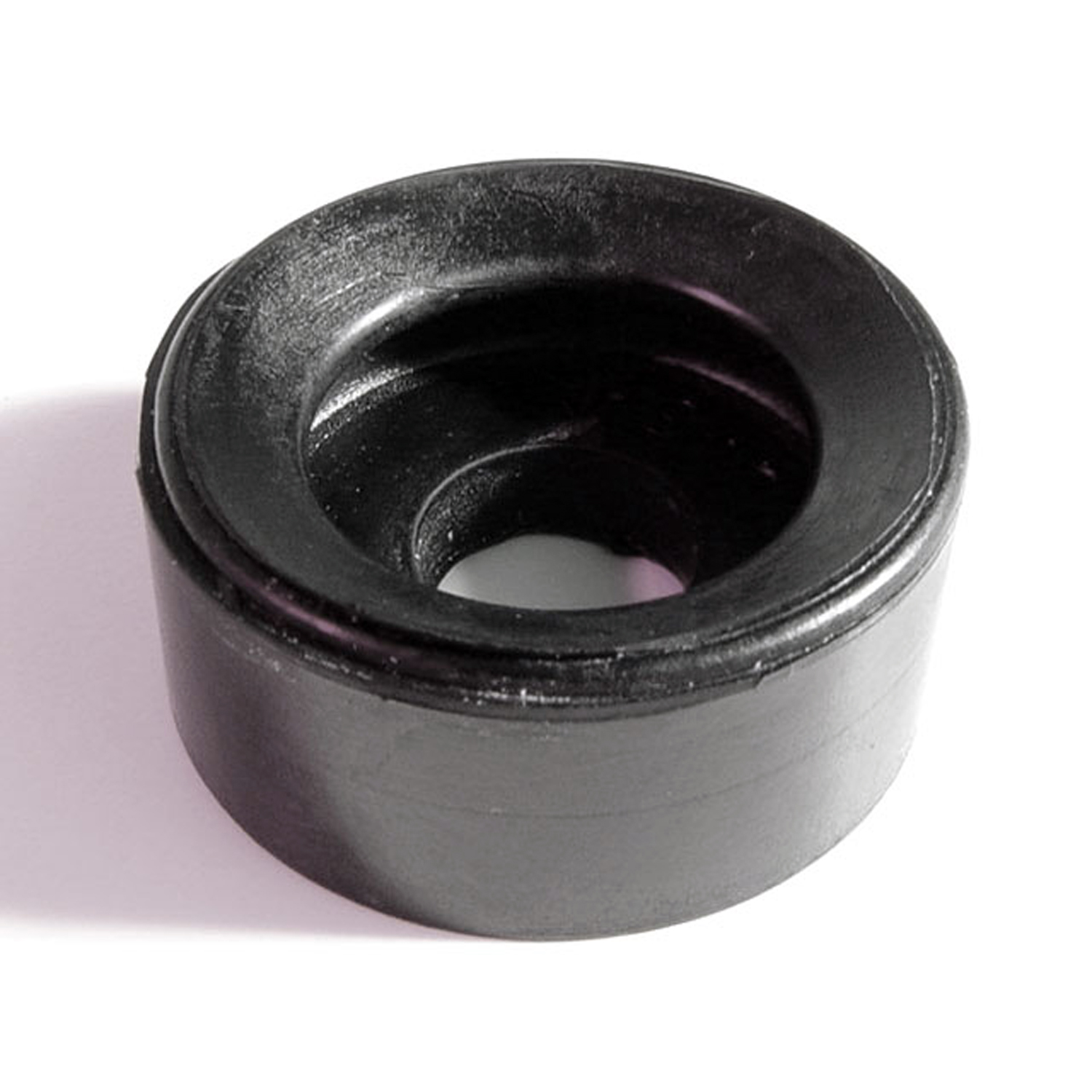 1972 Plymouth Fury III Hood Adjustment Bumper. 1-1/4" O.D-HA 8-AHood Adjustment Bumper. 1-1/4" O.D., 3/4" large hole, 7/16" small hole, 1/2" thick. Each
1972 Plymouth Fury III Hood Adjustment Bumper. 1-1/4" O.D-HA 8-AHood Adjustment Bumper. 1-1/4" O.D., 3/4" large hole, 7/16" small hole, 1/2" thick. Each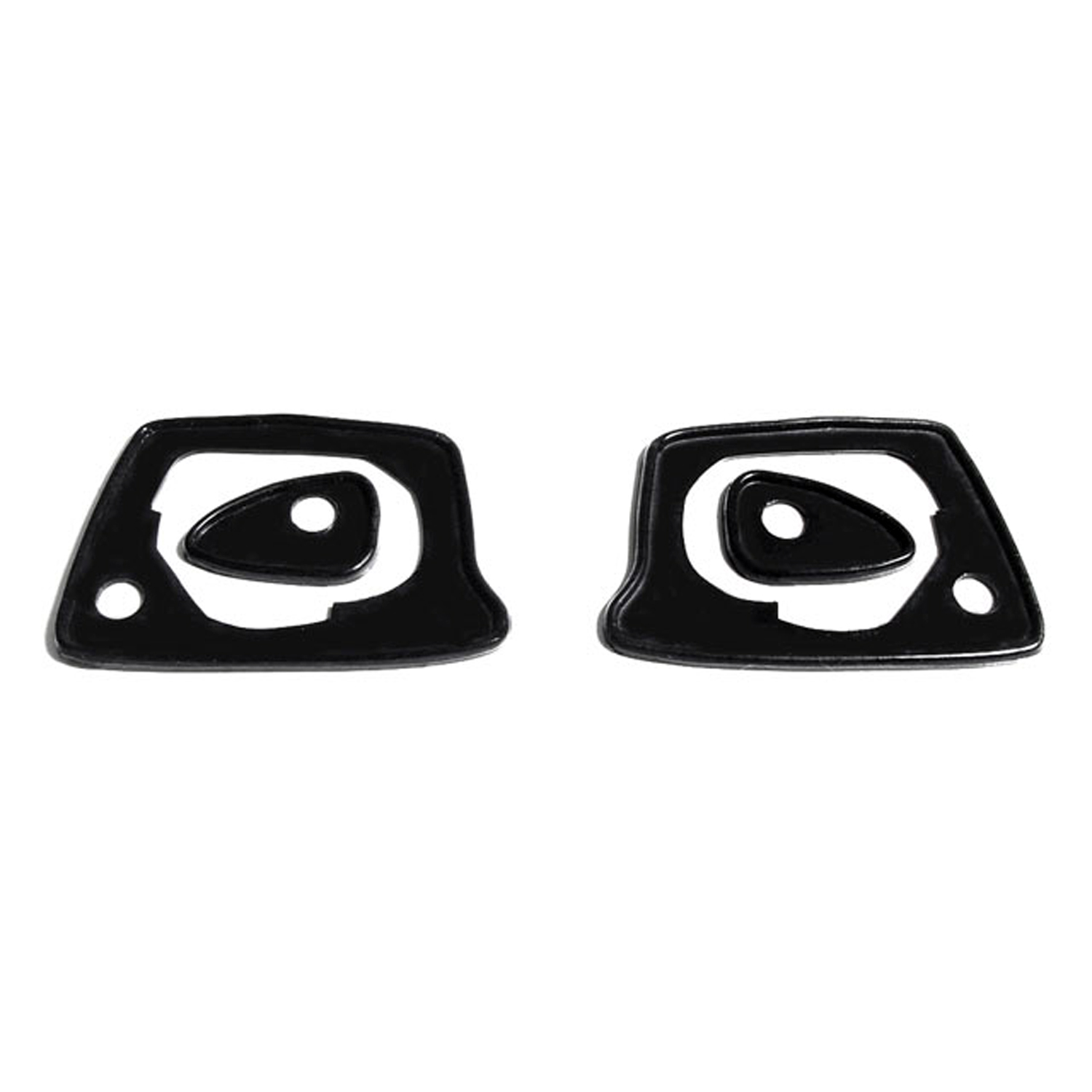 1972 Plymouth Fury III Door handle mounting pads. 2-3/8 in. L x 1-1/8 in. L-MP 959-BDoor handle mounting pads. 2-3/8 in. L x 1-1/8 in. L. 4-piece set. R&L.
1972 Plymouth Fury III Door handle mounting pads. 2-3/8 in. L x 1-1/8 in. L-MP 959-BDoor handle mounting pads. 2-3/8 in. L x 1-1/8 in. L. 4-piece set. R&L.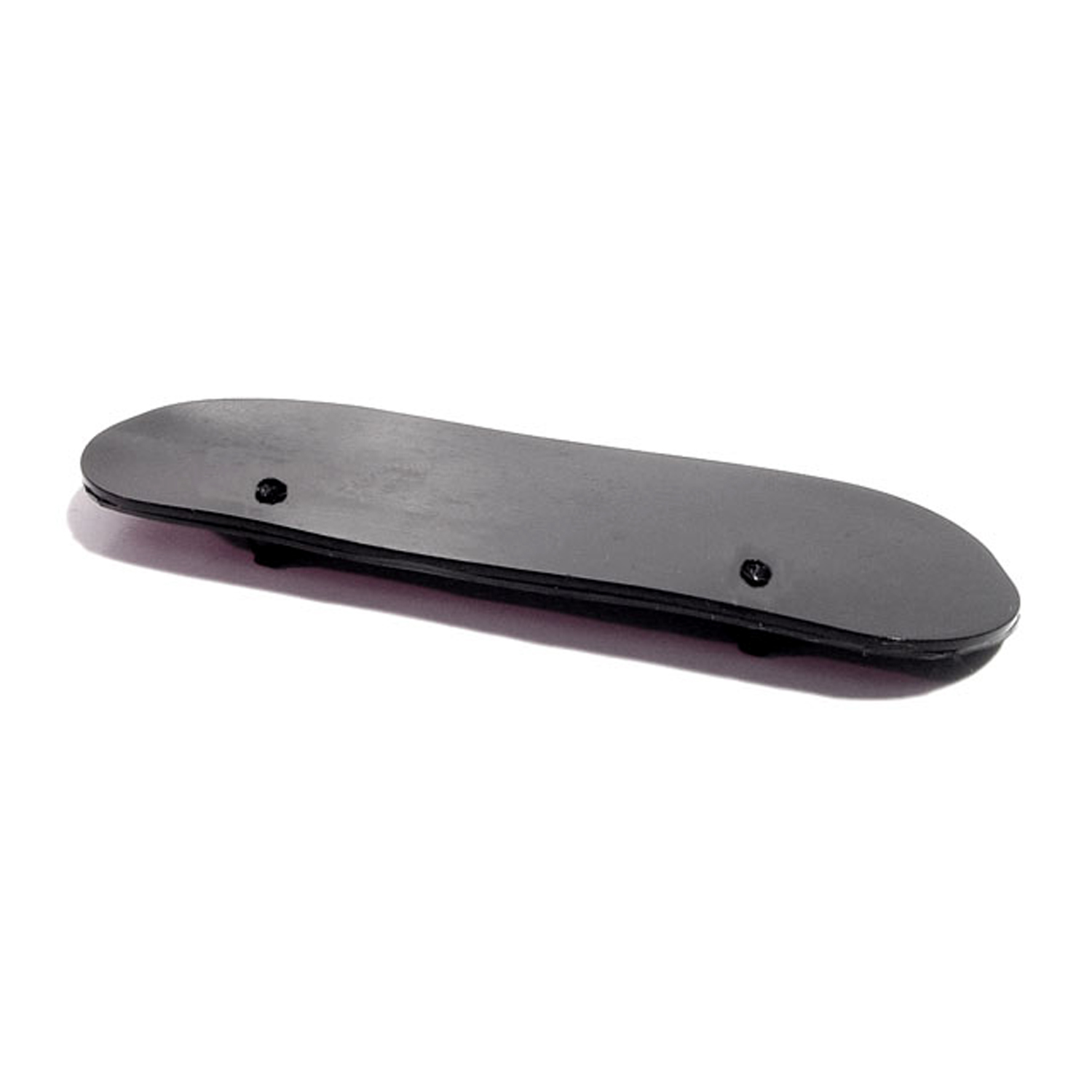 1972 Plymouth Fury III Drain Flap on Cowl. Each-RP 900-ADrain Flap on Cowl. Each
1972 Plymouth Fury III Drain Flap on Cowl. Each-RP 900-ADrain Flap on Cowl. Each 1972 Plymouth Fury III Nylon Lock Cylinder Gasket. 1-1/4" O.D., 7/8" I.D. Each-UM 2700-104Nylon Lock Cylinder Gasket. 1-1/4" O.D., 7/8" I.D. Each
1972 Plymouth Fury III Nylon Lock Cylinder Gasket. 1-1/4" O.D., 7/8" I.D. Each-UM 2700-104Nylon Lock Cylinder Gasket. 1-1/4" O.D., 7/8" I.D. EachWhy Choose Metro?
For over 100 years, Metro Moulded Parts has been the pinnacle of quality in classic car restoration parts. Our commitment to precision and authenticity in every component ensures a perfect fit and an OEM-level appearance.
- Expert Craftsmanship & Quality: Each part is a testament to our dedication to reliability and perfection, crafted from original designs and thoroughly tested.
- Advanced Technology: We use cutting-edge techniques to create flawless, long-lasting parts that surpass others in performance.
- SuperSoft Sponge – The Ultimate Door Seal: Not only are our door seals 30% softer than competitors', but they're also guaranteed to never leak. They effectively reduce wind and road noise, enhancing your classic car's comfort and driving experience.
- Proudly American: Our parts are a product of American craftsmanship, made in the USA with a spirit of excellence and heritage.
- Unrivaled Warranty: We back our products with a 30-year industry-leading warranty, a testament to our confidence in their quality.
Join us in preserving the legacy of classic cars with parts that are crafted for perfection, not just made.

